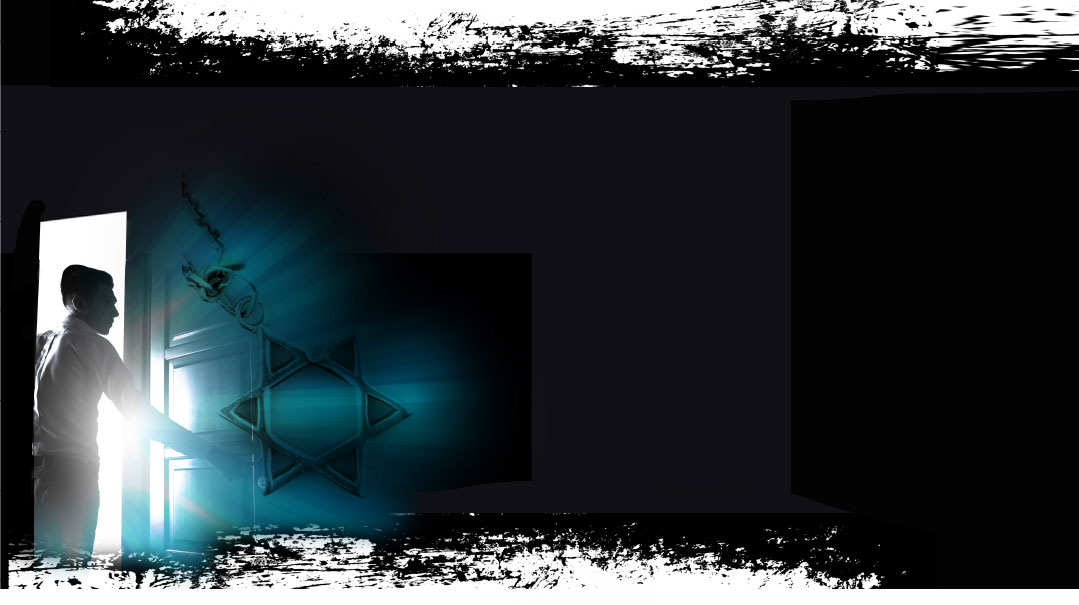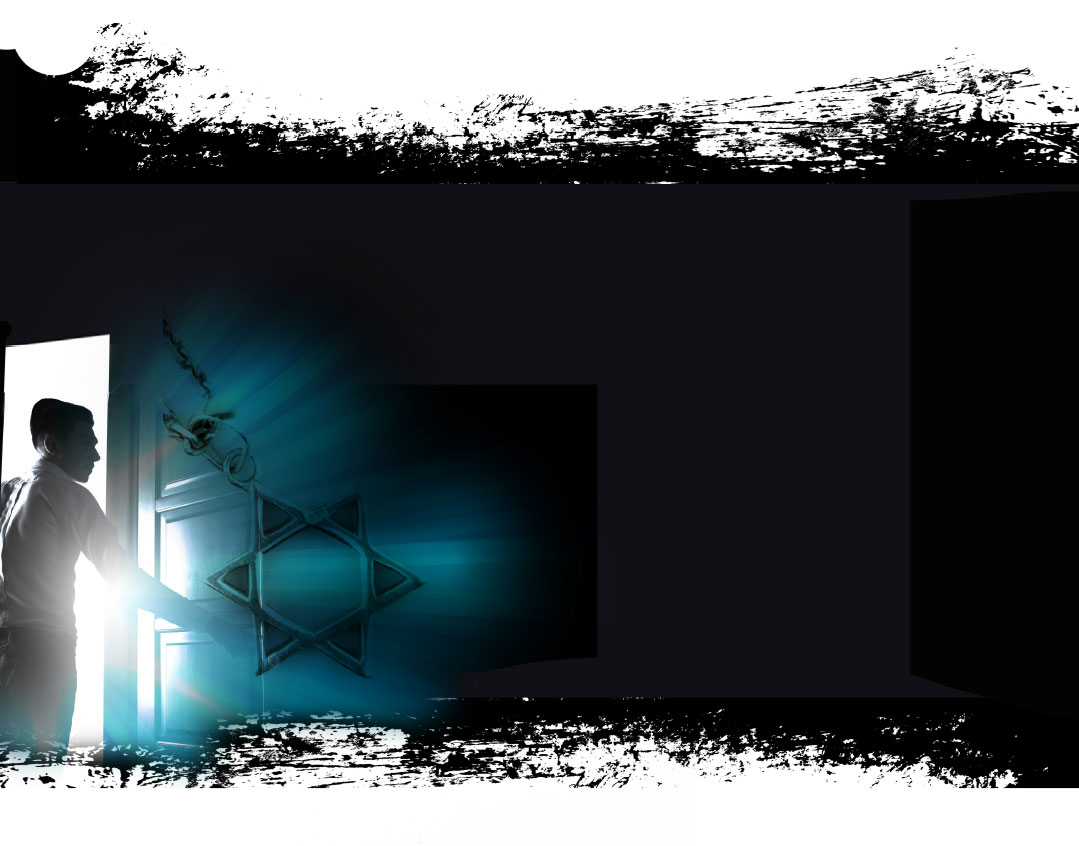Send Them Off as Jews: Chapter 2
| November 25, 2020Everyone in the room laughed. It was a good line. Even though Meir himself was on his deathbed

"Listen to this one,” Meir said. “Three old fellows are talking about what they want the rabbi to say at their funeral.
Sam says, I want the rabbi to talk about how much charity I gave. Joe says, I want the rabbi to talk about what a devoted husband and father I was. But Irv says—” Meir paused, then delivered the punchline— “all I want is for the rabbi to say, ‘Look! He’s moving!’”
Everyone in the room laughed. It was a good line. Even though Meir himself was on his deathbed.
Meir was in his mid-fifties and was dying from cancer. I had known Meir casually in the years before he became sick, but this was my first meeting with him in the context of hospice. He was aware of what was happening, in tune with his family’s emotional needs and, to all appearances, more or less his regular self emotionally. A few days after he told me this joke, he started deteriorating; ten days later, he passed away. But on this day, with great pleasure, he was telling jokes about funerals. And he had everyone sitting around his bedside — his wife, his children, the nurse, the social worker, and me — cracking up.
What motivates someone to joke about funerals as he is dying? Is it a way of avoiding the seriousness of what is happening? Is he trying to calm his family? Is it a mask for some deeper anxiety that he cannot articulate?
I don’t think so. In my experience, this was something both much simpler and much more profound: He was treating the end of life as something normal.
When I starting working with hospice patients, I expected to encounter a lot of fear. I dreaded it: How do you help someone face their worst fear?
I need not have worried. There is, to be sure, plenty of fear that can accompany the end of life. But it is hardly ever the sick person himself who is afraid. Family and friends are worried: They worry about watching someone leave This World, or about what they imagine will be a painful process for the person they care about. The person himself, in my experience, is almost always at peace — accepting of where Hashem has brought him and ready to face what will come.
The reason that death scares us is mostly because it is unknown. Although it is the one experience that all of us will have in This World, we prefer to push it and its unpleasant implications out of our minds. When we hear that someone has passed away, we react with a sort of surprise, as though we never thought it would happen to them. And this is especially true in our generation, where people tend to die in hospitals and nursing homes, not at home with their families. A friend shared that his European-born parents used to remark critically, “Americaner hot moira fun shtorben — Americans have a fear of death.”
But when someone is finally forced to face their own death, they see it for the first time as something real. They begin to consider what it will be like, where they will be going, and what they will be leaving behind. An unknown mystery becomes a journey that they will actually be taking. It is real now — something they can think about and prepare for. And that, I believe, erases their fear. Death becomes part of life.
So why would someone crack a joke about funerals ten days before his own? He would do so because humor is a part of life, too. He would be funny in death because he was funny in life, because so much of the glue of his relationships was built with humor. Maybe it’s a new twist on the words vatischak l’yom acharon — she laughed on her last day. But it is a reminder to all of us not to look away from the end of life. We don’t need to be afraid of death.
In the Zohar, Chazal describe death as simply exchanging one kind of living for another. Pashat tzurah v’lavash tzurah — a person takes off one form and puts on another. We never cease to exist. We simply put on different clothes. In fact, Chazal draw many comparisons between birth and death. We spend time in our mother’s womb as we prepare to enter This World, and we spend time in This World as we prepare to enter the Next World. Closing the door to this life simply opens the door to another life.
Shirley was another patient with a great sense of humor. She was a frum woman with two grown children, and had transferred to hospice after a difficult stay in the hospital. Her family had rushed to get her to hospice before candlelighting on a winter Friday afternoon.
Doctors in the ICU had told them that she would probably not live for more than 24 hours. As it turns out, she lived for another month — a story and a lesson in itself. But that Friday night, as her family gathered for the Shabbos meal in the hospice unit’s kosher kitchen, they assumed it would be the last Shabbos of her life.
Shirley’s son Ira made Kiddush. Overcome with emotion and the significance of the moment, he sang an extended, emotional, and heartfelt Kiddush.
“Ira,” Shirley said weakly.
Everyone was silent. These might be the last words she ever spoke.
“Ira,” she said, “don’t quit your day job.”
The tension in the room vanished. More importantly, Shirley taught her children how to face death without quitting. Death is not the end; it is just the last part of this life. And if you are willing to face it, it is even possible to do so with a smile.
Rabbi Daniel Rose is the rabbi at Bnai Jacob Shaarei Zion Congregation in Baltimore, Maryland. He used to serve as the chaplain and director of Jewish Hospice Services for Seasons Hospice and Palliative Care of Maryland.
(Originally featured in Mishpacha, Issue 837)
Oops! We could not locate your form.



